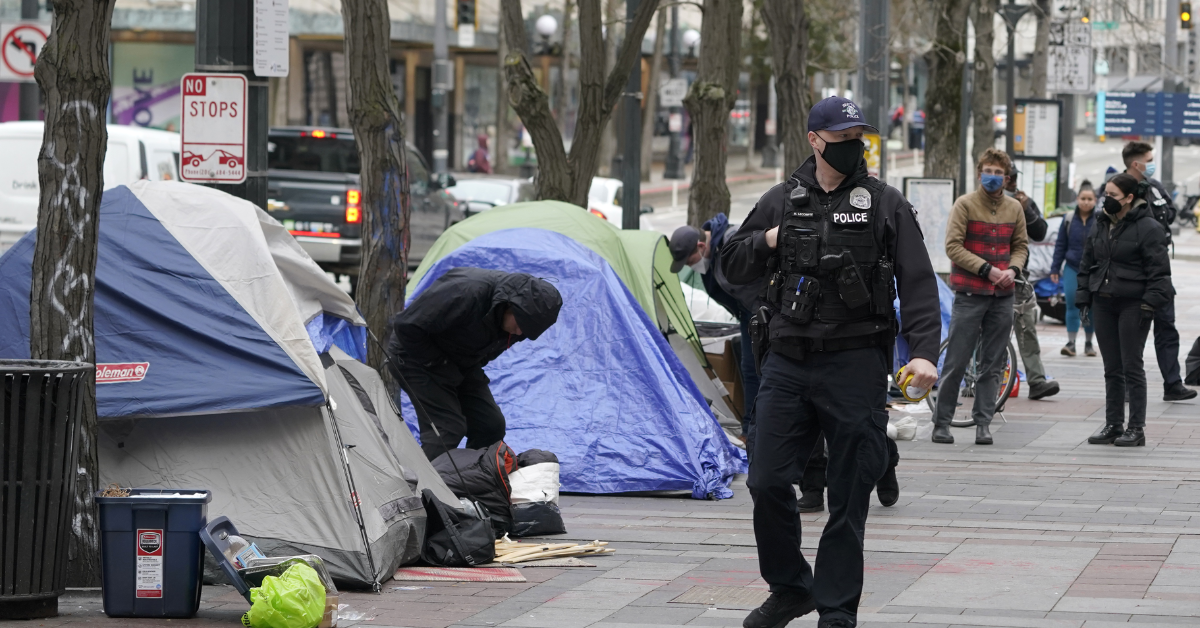The Seattle City Council is currently deliberating on a set of new measures designed to address the city’s ongoing homelessness crisis. With thousands of residents living on the streets, in vehicles, or in shelters, the council is exploring a variety of approaches to provide immediate relief while also working toward long-term solutions. The proposed measures are a response to the growing homelessness rate in Seattle, which has seen a 14% increase in the last year alone.
A Deepening Crisis
The homelessness crisis in Seattle is not new, but it has become an increasing point of concern for residents, policymakers, and service providers. According to the most recent Point-in-Time (PIT) count conducted by the King County Department of Community and Human Services, over 12,000 individuals were identified as experiencing homelessness in King County alone. Nearly 4,000 of these individuals reside in Seattle, which represents a significant portion of the region’s homeless population.
The challenges contributing to homelessness are complex and multifaceted. They include the high cost of housing, limited access to mental health care, substance abuse, and a shortage of affordable housing options. Many homeless individuals face significant barriers to securing stable housing, such as criminal history or lack of adequate employment, making them more vulnerable to staying in shelters or on the streets.
The Proposed Measures
As part of its response, the Seattle City Council is evaluating several new initiatives aimed at curbing homelessness. These include a combination of increased funding for services, new housing policies, and enhanced law enforcement efforts. The key components of the proposal are as follows:
- Increased Funding for Emergency Shelters and Services One of the central proposals is a significant increase in funding for emergency shelter services. The council is debating a budget amendment that would allocate an additional $20 million to help expand shelter capacity, improve existing facilities, and offer supportive services, including mental health care, addiction treatment, and job training. The goal is to make these services more accessible to individuals who are homeless or at risk of becoming homeless.
- Encampment Removal and Alternative Housing Solutions The council is also considering measures to remove encampments from public spaces, which have become a visible symbol of the homelessness crisis. However, instead of simply clearing the camps, the city is proposing to offer alternative housing options for those living in encampments. These options may include temporary shelters or transitional housing units that would provide a safe, more stable environment until individuals can find permanent housing solutions.
- Permanent Supportive Housing Projects The council is focused on increasing the stock of permanent supportive housing, which combines affordable housing with services such as mental health support and addiction treatment. A recent study from the Washington State Department of Commerce revealed that supportive housing programs are one of the most effective ways to help individuals transition off the streets and into stable living situations. The proposed plan includes the construction of at least 500 new units of permanent supportive housing over the next two years.
- Collaboration with Nonprofit Organizations In addition to the city’s efforts, Seattle’s proposal highlights greater collaboration with nonprofit organizations that are already working on the front lines of the homelessness crisis. These organizations provide shelter, meals, health care, and other vital services. By partnering with nonprofits, the city aims to better coordinate resources and ensure that those in need have access to a broad range of support services.
- Reforming Zoning Laws for Affordable Housing A long-term solution to the homelessness crisis is to address the city’s housing shortage. The council is discussing reforms to Seattle’s zoning laws to make it easier for developers to build affordable housing units. These zoning changes could reduce bureaucratic hurdles and incentivize the construction of low-cost housing in neighborhoods that currently have limited affordable housing options.
- Public Health and Safety Responses The city is also exploring public health responses to homelessness, including expanded outreach teams and mental health professionals embedded in emergency response units. The goal is to provide individuals with the mental health services they need rather than criminalizing their behavior. At the same time, the council is examining whether additional policing measures are necessary to maintain public order in areas with high concentrations of encampments.
Community Reactions
The proposed measures have sparked mixed reactions among Seattle’s residents and advocacy groups. While many are supportive of increased funding for emergency shelters and housing, others express concern over the emphasis on encampment removal. Critics argue that clearing encampments without providing sufficient alternatives could lead to further displacement and exacerbate the crisis.

“We need more than just short-term solutions,” said Jennifer Wong, executive director of Seattle’s Homeless Coalition. “We need long-term, sustainable solutions that give people the support they need to get back on their feet.”
On the other hand, some residents have voiced support for the proposal’s focus on law enforcement, citing public safety concerns in areas where encampments are concentrated. The issue of balancing compassion with public safety continues to be a key point of contention.
The Road Ahead
As the City Council debates these measures, the coming weeks will be crucial for determining the future of Seattle’s homelessness policies. Council members are expected to hold additional public hearings to gather input from stakeholders, including those who are experiencing homelessness and service providers.
Disclaimer: This article has been meticulously fact-checked by our team to ensure accuracy and uphold transparency. We strive to deliver trustworthy and dependable content to our readers.








